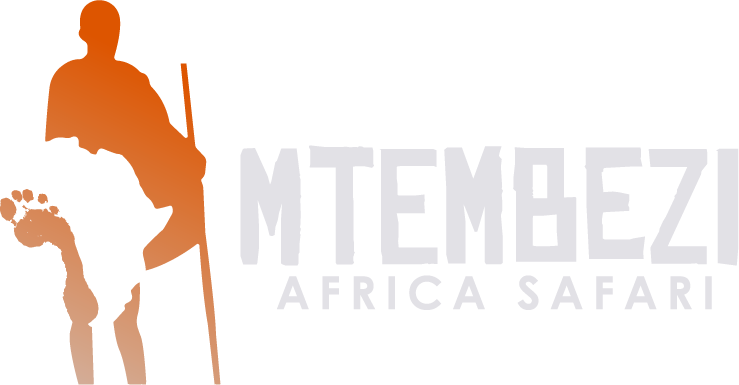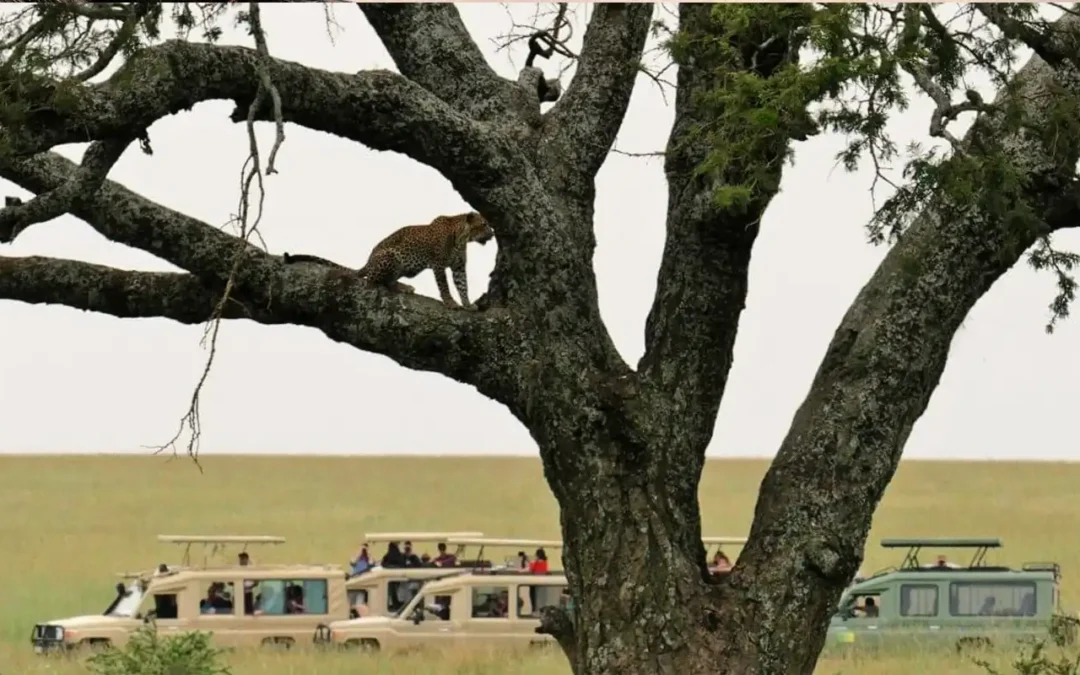Planning a safari in Tanzania is a bucket-list experience for many, but the cost can be daunting. However, with careful planning and some savvy tips, you can enjoy an unforgettable safari adventure without emptying your wallet. This blog will guide you through the best strategies to make your Tanzania safari budget-friendly.
Choose the Right Time to Visit
Timing your safari can significantly impact your budget. The high season, typically from June to October, is the most expensive due to the Great Migration and favorable weather conditions. However, the low season (March to May) and shoulder seasons (November to February) offer more affordable options.
Advantages of Low and Shoulder Seasons:
- Lower Prices: Accommodations and tours are cheaper.
- Fewer Crowds: Enjoy a more intimate wildlife experience.
- Lush Landscapes: The rainy season transforms the scenery into a verdant paradise.
Opt for Budget Accommodations
Luxury lodges and tented camps can quickly drive up the cost of your safari. Instead, look for budget-friendly accommodations such as campsites, budget lodges, and hostels.
Budget Accommodation Options:
- Public Campsites: Located inside or near national parks, offering basic facilities.
- Budget Lodges: Affordable lodges with essential amenities.
- Hostels and Guesthouses: Ideal for stays in cities like Arusha or Dar es Salaam before or after your safari.
Consider Self-Drive Safaris
Hiring a safari operator is convenient but expensive. A self-drive safari can be a more cost-effective option if you’re comfortable with driving in Africa and have a sense of adventure.
Self-Drive Tips:
- Rent a 4×4 Vehicle: Essential for navigating park roads.
- Plan Your Route: Research park regulations and driving distances.
- Prepare Supplies: Stock up on food, water, and camping gear.
Join Group Tours
Joining a group tour can significantly reduce the cost per person compared to private safaris. Many operators offer budget group tours that include transportation, guides, and accommodations.
Benefits of Group Tours:
- Shared Costs: Save on transportation and guide fees.
- Meet Fellow Travelers: Share experiences and make new friends.
- Convenience: Leave the planning to the tour operator.
Book in Advance
Last-minute bookings can be more expensive, especially during peak season. Planning and booking your safari several months in advance can help you secure better deals on flights, accommodations, and tours.
Advance Booking Tips:
- Monitor Flight Deals: Use flight comparison websites to find the best prices.
- Early Bird Discounts: Look for tour operators offering discounts for early bookings.
- Flexible Dates: Be open to slight changes in your travel dates to snag the best deals.
Save on Park Fees
National park entry fees can add up quickly. Tanzania’s most famous parks, like Serengeti and Ngorongoro Crater, have higher fees. Consider visiting less expensive but equally stunning parks.
Alternative Parks to Visit:
- Tarangire National Park: Known for its large elephant herds and baobab trees.
- Lake Manyara National Park: Famous for tree-climbing lions and flamingos.
- Ruaha National Park: Offers remote and rugged wilderness with diverse wildlife.
Pack Smart
Bringing the right gear can save you money and ensure a comfortable safari experience. Overpacking can lead to extra baggage fees, while underpacking might mean buying expensive gear on-site.
Packing Essentials:
- Clothing: Lightweight, breathable clothes in neutral colors, a warm jacket for mornings and evenings, and a hat for sun protection.
- Footwear: Comfortable walking shoes or hiking boots.
- Gear: Binoculars, camera, sunscreen, insect repellent, and a reusable water bottle.
Eat Like a Local
Dining at lodges and tourist-centric restaurants can be pricey. Save money by eating at local restaurants and markets where you can enjoy delicious and authentic Tanzanian cuisine at a fraction of the cost.
Local Food to Try:
- Ugali: A staple made from maize flour, often served with meat or vegetable stews.
- Nyama Choma: Grilled meat, typically goat or beef, seasoned and cooked over an open flame.
- Chapati: A type of flatbread that pairs well with various dishes.
Use Public Transportation
While hiring a private vehicle or driver is convenient, it can be costly. Opt for public transportation options like buses or shared taxis to get around more affordably.
Public Transportation Tips:
- Buses: Long-distance buses connect major towns and cities.
- Dala-Dalas: Minibusses that operate within cities and towns.
- Shared Taxis: Cheaper than private taxis, especially for longer distances.
Conclusion
A safari in Tanzania doesn’t have to break the bank. By choosing the right time to visit, opting for budget accommodations, considering self-drive or group tours, booking in advance, saving on park fees, packing smart, eating locally, and using public transportation, you can enjoy an incredible safari experience on a budget. With a little planning and flexibility, you can make your dream safari adventure a reality without overspending. Happy travels!

